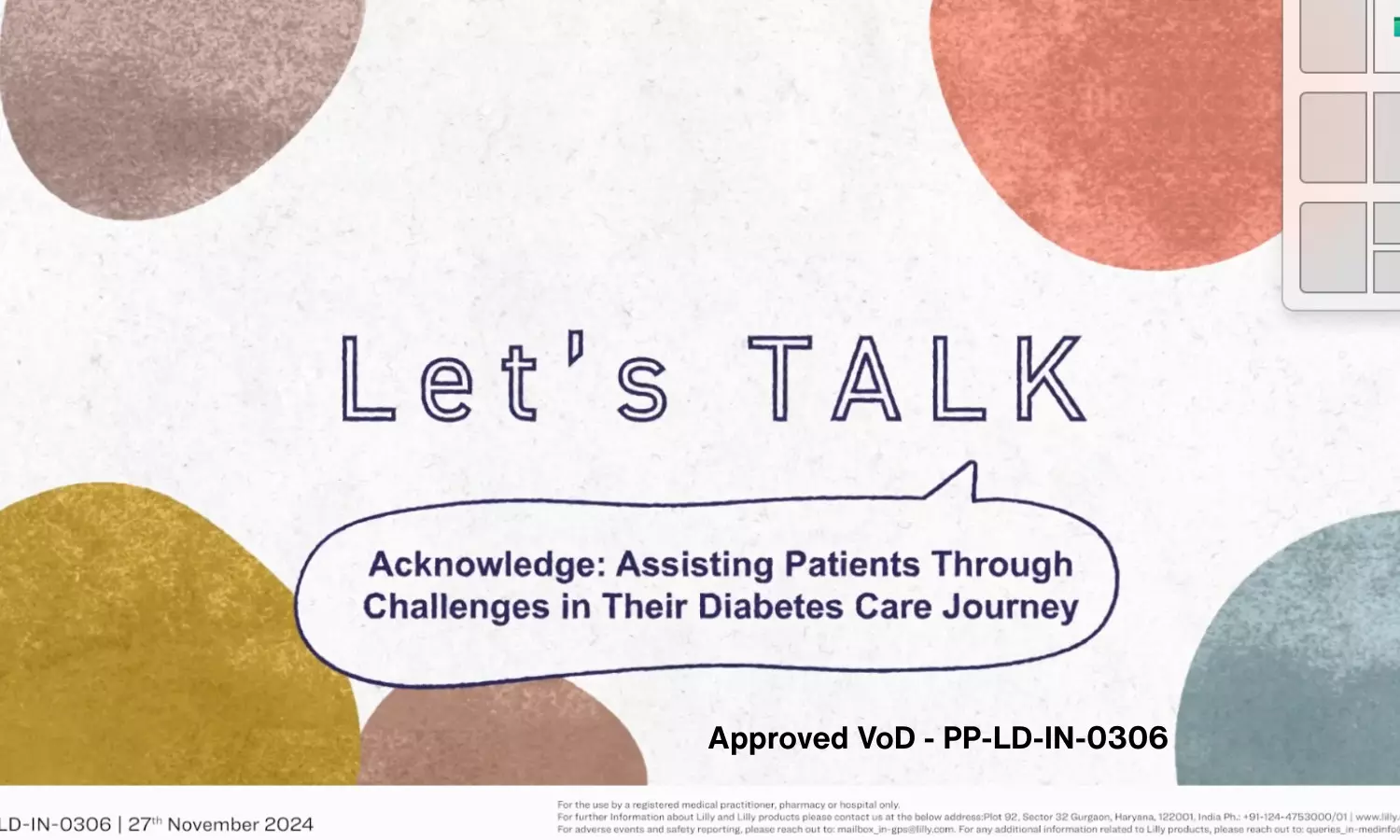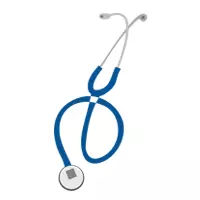- Home
- Medical news & Guidelines
- Anesthesiology
- Cardiology and CTVS
- Critical Care
- Dentistry
- Dermatology
- Diabetes and Endocrinology
- ENT
- Gastroenterology
- Medicine
- Nephrology
- Neurology
- Obstretics-Gynaecology
- Oncology
- Ophthalmology
- Orthopaedics
- Pediatrics-Neonatology
- Psychiatry
- Pulmonology
- Radiology
- Surgery
- Urology
- Laboratory Medicine
- Diet
- Nursing
- Paramedical
- Physiotherapy
- Health news
- Fact Check
- Bone Health Fact Check
- Brain Health Fact Check
- Cancer Related Fact Check
- Child Care Fact Check
- Dental and oral health fact check
- Diabetes and metabolic health fact check
- Diet and Nutrition Fact Check
- Eye and ENT Care Fact Check
- Fitness fact check
- Gut health fact check
- Heart health fact check
- Kidney health fact check
- Medical education fact check
- Men's health fact check
- Respiratory fact check
- Skin and hair care fact check
- Vaccine and Immunization fact check
- Women's health fact check
- AYUSH
- State News
- Andaman and Nicobar Islands
- Andhra Pradesh
- Arunachal Pradesh
- Assam
- Bihar
- Chandigarh
- Chattisgarh
- Dadra and Nagar Haveli
- Daman and Diu
- Delhi
- Goa
- Gujarat
- Haryana
- Himachal Pradesh
- Jammu & Kashmir
- Jharkhand
- Karnataka
- Kerala
- Ladakh
- Lakshadweep
- Madhya Pradesh
- Maharashtra
- Manipur
- Meghalaya
- Mizoram
- Nagaland
- Odisha
- Puducherry
- Punjab
- Rajasthan
- Sikkim
- Tamil Nadu
- Telangana
- Tripura
- Uttar Pradesh
- Uttrakhand
- West Bengal
- Medical Education
- Industry
Explainer Video: Acknowledge- Assisting Patients Through Challenges in Their Diabetes Care Journey - Video
Overview
Weight management is an important but challenging part of type 2 diabetes care, especially for people with overweight or obesity. Even modest weight loss can improve health outcomes, but maintaining progress is often difficult due to biological changes that increase hunger, reduce fullness, and make the body more energy efficient. These factors can lead to weight plateaus or weight regain, which can be frustrating for patients.
Physicians can support long-term weight loss maintenance by collaborating with patients to build realistic, sustainable plans and by addressing barriers such as lifestyle challenges. Regular check-ins, as recommended by the American Diabetes Association, help provide ongoing contact, encouragement, and accountability. Recognizing improvements in blood glucose, cholesterol, or blood pressure—even if weight loss has plateaued—can also motivate patients to stay engaged. By acknowledging the difficulty of weight loss and offering continuous support, clinicians can empower patients and improve both weight control and diabetes outcomes.
References:
1. American Diabetes Association Professional Practice Committee. 8. Obesity and weight management for the prevention and treatment of type 2 diabetes: Standards of Medical Care in Diabetes-2022. Diabetes Care. 2022;45(suppl 1):S113-S124.
2. Melby CL, Paris HL, Foright RM, et al. Attenuating the biologic drive for weight regain following weight loss: must what goes down always go back up? Nutrients. 2017;9(5):468.
3. Nunes CL, Jesus F, Francisco R, et al. Adaptive thermogenesis after moderate weight loss: magnitude and methodological issues. Eur J Nutr. 2022;61(3):1405-1416.
4. Sumithran P, Prendergast LA, Delbridge E, et al. Long-term persistence of hormonal adaptations to weight loss. N Engl J Med. 2011;365(17):1597-1604.
5. Lien LF, Haqq AM, Arlotto M, et al. The STEDMAN project: biophysical, biochemical and metabolic effects of a behavioral weight loss intervention during weight loss, maintenance, and regain. OMICS. 2009;13(1):21-35.
6. Thom G, McIntosh A, Messow CM, et al. Weight loss-induced increase in fasting ghrelin concentration is a predictor of weight regain: evidence from the Diabetes Remission Clinical Trial (DIRECT). Diabetes Obes Metab 2021:23(3):711-719
Disclaimer:
This material (including any link) is intended solely for the use of the recipient(s) and may contain confidential information. Any unauthorized review, use, disclosure, copying, or distribution is strictly prohibited. If you are not the intended recipient, please notify the sender immediately and destroy all copies of the material. The information provided in this section is intended solely for the use of registered medical practitioner. This material is being provided to healthcare professionals for their guidance and use. Nothing on this website/microsite/material should be construed as giving medical advice or making recommendations regarding any health-related decision or action.
For adverse events and safety reporting, please reach out to: mailbox_in-gps@lilly.com. For any additional information related to Lilly products, please reach out to: queries_in-medinfo@lilly.com. For further Information about Lilly and Lilly products please contact us at the below address: Plot 92, Sector 32 Gurgaon, Haryana, 122001 India Ph.: +91-124-4753000/01 | www.lilly.com/in.
PP code - PP-TR-IN-0779 | 06 October 2025
Eli Lilly and Company. All rights reserved.




